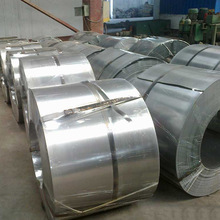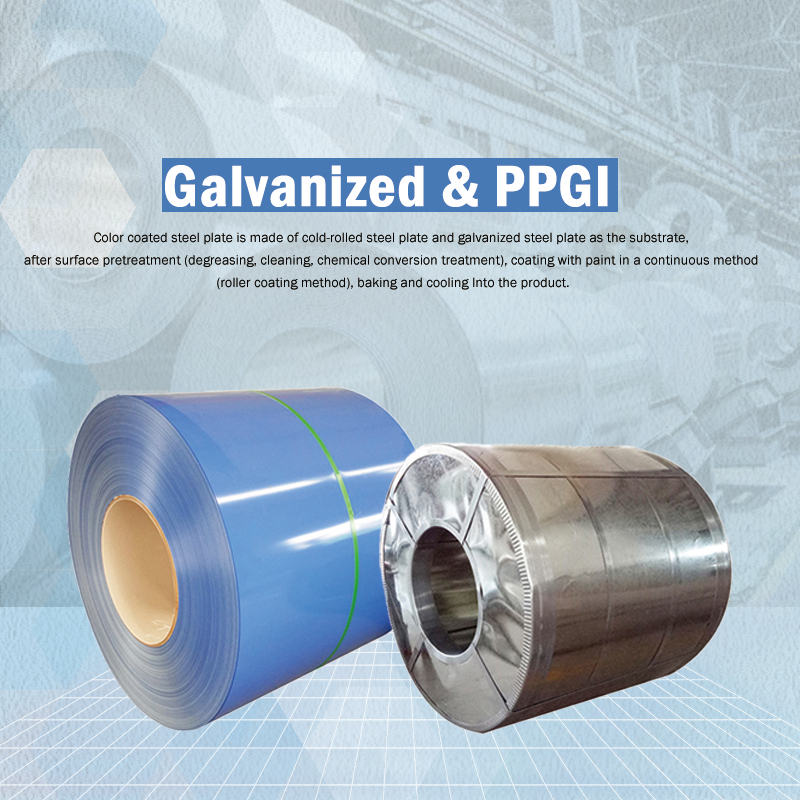1. Classification by thickness: (1) Thin plate (2) Medium plate (3) Thick plate (4) Extra thick plate
2. Classification by production method: (1) Hot rolled steel plate (2) Cold rolled steel plate
3. Classified by surface characteristics: (1) Galvanized sheet (hot-dip galvanized sheet, electro-galvanized sheet) (2) Tin-plated sheet (3) Composite steel sheet (4) Color-coated sheet
4.Classification by use: (1) Bridge steel plate (2) Boiler steel plate (3) Shipbuilding steel plate (4) Armor steel plate (5) Automobile steel plate (6) Roof steel plate (7) Structural steel plate (8) Electrical steel plate (silicon steel sheet) (9) Spring steel plate (10) Heat-resistant steel plate (11) Alloy steel plate (12) Others
Common plate is the abbreviation of ordinary carbon structural steel.It belongs to a large category of steel, including: Q235, SS400, A36, SM400, St37-2, etc.Due to the different names of various countries, the standards implemented are also different.Common plates include cold rolled plates and hot rolled plates.Cold rolled plates are generally below 2mm in thickness;Hot rolled plate 2mm-12mm
Galvanized sheet refers to a steel sheet coated with a layer of zinc on the surface. Galvanizing is an economical and effective anti-corrosion method that is often used. About half of the world’s zinc production is used in this process
(1)Function
galvanized steel sheet is to prevent corrosion on the surface of the steel sheet and extend its service life. The surface of the steel sheet is coated with a layer of metallic zinc. This kind of galvanized steel sheet is called galvanized steel sheet.
(2)Classification
Can be divided into the following categories according to production and processing methods:
① Hot-dip galvanized steel sheet. The thin steel plate is immersed in the molten zinc tank, so that a thin steel plate with a layer of zinc is adhered to the surface. At present, the continuous galvanizing process is mainly used for production, that is, the rolled steel sheet is continuously immersed in the galvanized bath with molten zinc to make the galvanized steel sheet;
② Alloyed galvanized steel sheet. This kind of steel plate is also manufactured by hot dipping method, but immediately after leaving the tank, it is heated to about 500°C to form an alloy film of zinc and iron. This kind of galvanized sheet has good paint adhesion and weldability;
③ Electro-galvanized steel sheet. The galvanized steel sheet produced by the electroplating method has good workability. However, the coating is thinner, and the corrosion resistance is not as good as the hot-dip galvanized sheet
④ Single-sided and double-sided poorly galvanized steel sheet. Single-sided galvanized steel sheet is a product that is galvanized on one side only. In welding, painting, anti-rust treatment, processing, etc., it has better adaptability than double-sided galvanized sheet. In order to overcome the shortcomings of uncoated zinc on one side, there is another kind of galvanized sheet coated with a thin layer of zinc on the other side, that is, double-sided differential galvanized sheet;
⑤ Alloy, composite galvanized steel sheet. It is a steel plate made of zinc and other metals such as lead and zinc alloys and even composite plating. This kind of steel plate not only has excellent anti-rust performance, but also has good coating performance;
In addition to the above five types, there are color galvanized steel sheets, printed coated galvanized steel sheets, polyvinyl chloride laminated galvanized steel sheets, etc. But currently the most commonly used is still hot-dip galvanized sheet.
Color-coated plate, also known as color steel plate, color plate in the industry. Color coated steel plate is made of cold-rolled steel plate and galvanized steel plate as the substrate, after surface pretreatment (degreasing, cleaning, chemical conversion treatment), coating with paint in a continuous method (roller coating method), baking and cooling Into the product.
Coated steel plate has light weight, beautiful appearance and good corrosion resistance, and can be directly processed. It provides a new type of raw material for the construction industry, shipbuilding industry, vehicle manufacturing industry, furniture industry, and electrical industry. Wood, efficient construction, energy saving, pollution prevention and other good effects.
Post time: Feb-28-2022


